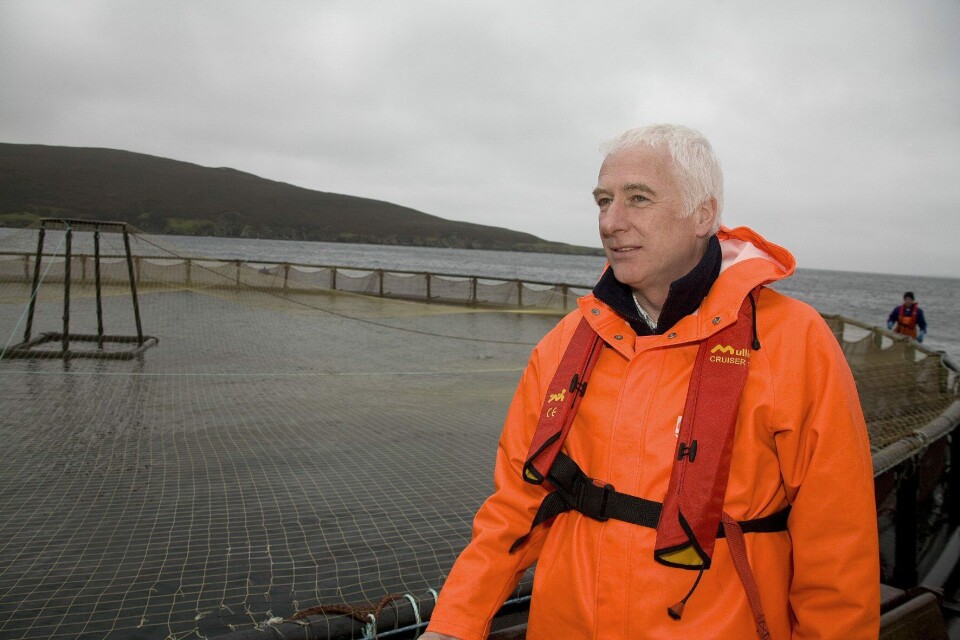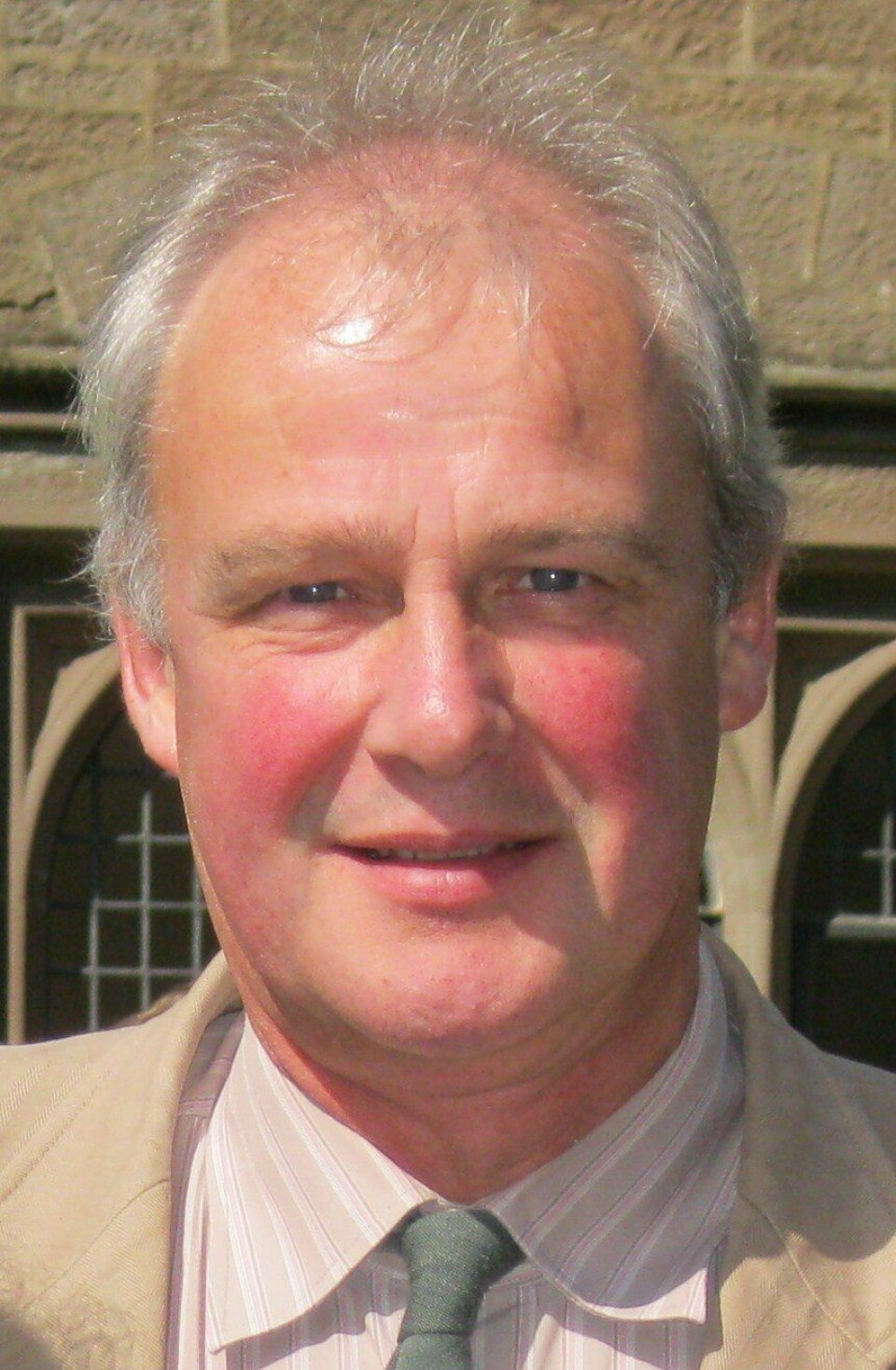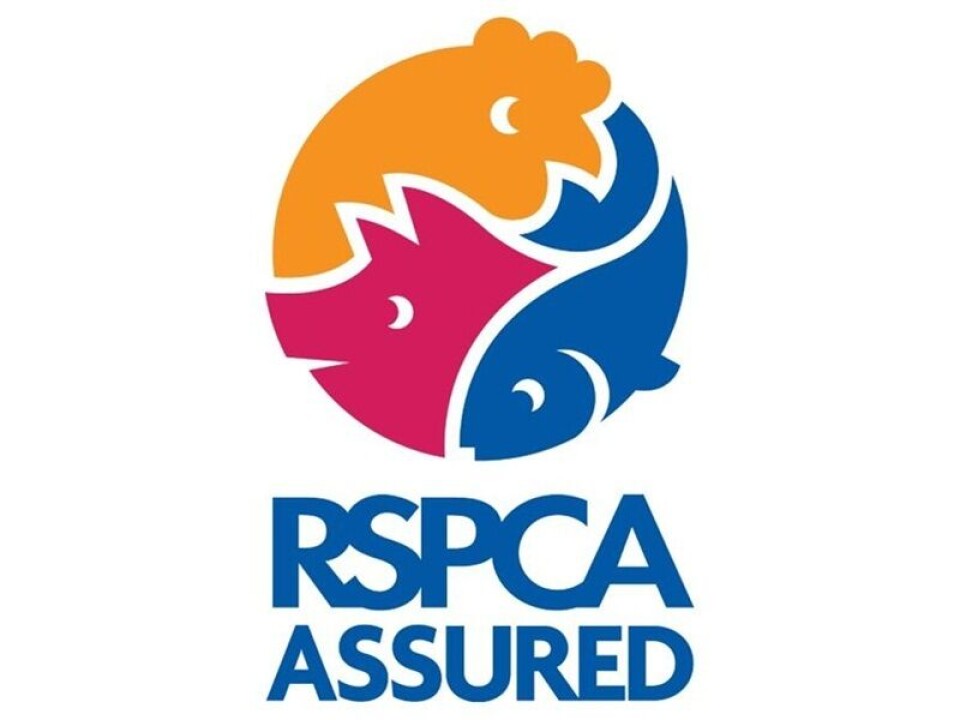
Fish-death report ‘without context’ dismissed
Salmon industry spokesman Scott Landsburgh has rebutted a claim that RSPCA Assured status awarded to farms is little more than a “fig leaf” that hides high levels on fish mortalities.
Angling pressure group Salmon and Trout Conservation Scotland (S&TCS) made the allegation as it launched a report on RSPCA Assured certification of Scottish farmed salmon amid claims that Scottish salmon farming mortalities as a percentage of total production have almost doubled in the last four years.
S&TCS said that on the basis of official data, the report estimates that over 41 million fish died during 2015 and 2016, an average of over 20 million fish per annum, which pro rata could mean 27 million fish died on the two thirds of farms that are RSPCA Assured.

Andrew Graham-Stewart, S&TCS director, said: “The shocking level of mortalities apparent across the industry, including on RSPCA Assured farms, casts severe doubt on whether RSPCA Assured is much more than a fig leaf, both in terms of the welfare of the farmed fish and the wider environmental performance of the fish farming industry.”
The S&TCS believes the RSPCA Assured rules don’t do enough to protect wild fish from sea lice it claims come from farm cages, or from interbreeding with escaped farm salmon, and wants to see the scheme suspended “pending what should be an open review”.
The report, which can be read here, was written by Guy Linley-Adams, solicitor for S&TCS’ aquaculture reform campaign.
'Data without context'
In response Landsburgh, chief executive of the Scottish Salmon Producers’ Organisation (SSPO), said: “Scottish salmon farming companies are doing everything possible to reduce unnecessary mortalities – after all, this product is our livelihood and sustains vast numbers of jobs in remote rural areas of Scotland so it is in our economic interest to get as much of our high-quality product to the market as we can. To suggest otherwise is to fundamentally misunderstand the economics and realities of any food production business.
“Furthermore, critics of aquaculture, often with their own motivations, publishing data without context, cannot be judged as any kind of independent authority.
“The industry will continue to do all we can to minimise unnecessary mortalities in the face of changing environmental circumstances beyond our control, such as the effects of global climate change on the marine environment where we grow our fish.
“It is the responsibility of the salmon farming industry to meet these new challenges head on and ensure we continue to have a sustainable industry in Scotland which protects the environment whilst maximising the economic and social benefits of the sector in the areas where we operate and that is exactly what we are trying to do.”
No simple answer
In a statement, RSPCA Assured said: “Any loss of fish lives due to health problems is very upsetting and we will look at the report in detail.

“Unfortunately salmon can suffer from health and disease issues in the same way as other farm animals, wild animals and pets. But sadly there isn’t always a simple answer to solving some problems such as sea lice.
“We are however working closely with RSPCA Assured members and academics to look at new ways to better control disease and parasites.
“All RSPCA Assured salmon producers must take measures to reduce the risk of disease and parasite infestations and adhere to the Aquaculture and Fisheries (Scotland) Act 2007 which covers the treatment of lice.
“In addition we require the development of comprehensive integrated wild animal management programmes, through our mandatory Veterinary Health and Welfare Plans.
“Many millions of farmed salmon have had better lives thanks to the RSPCA Assured scheme. However there is still work to be done to further improve their welfare and we will continue to look for solutions to disease and parasite challenges.”























































